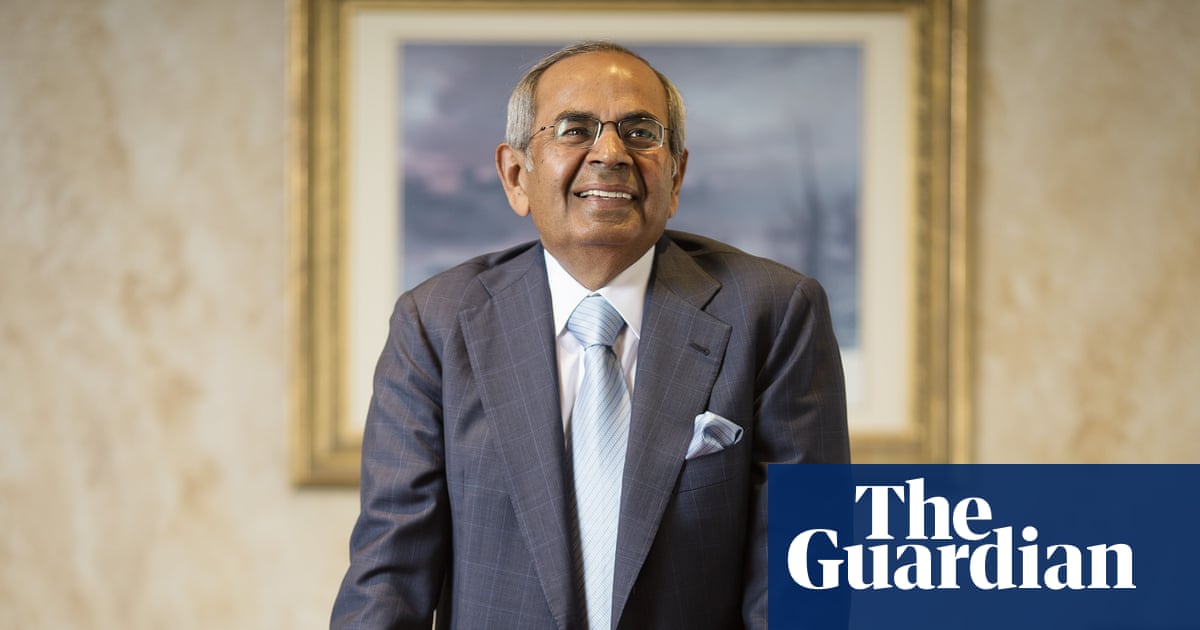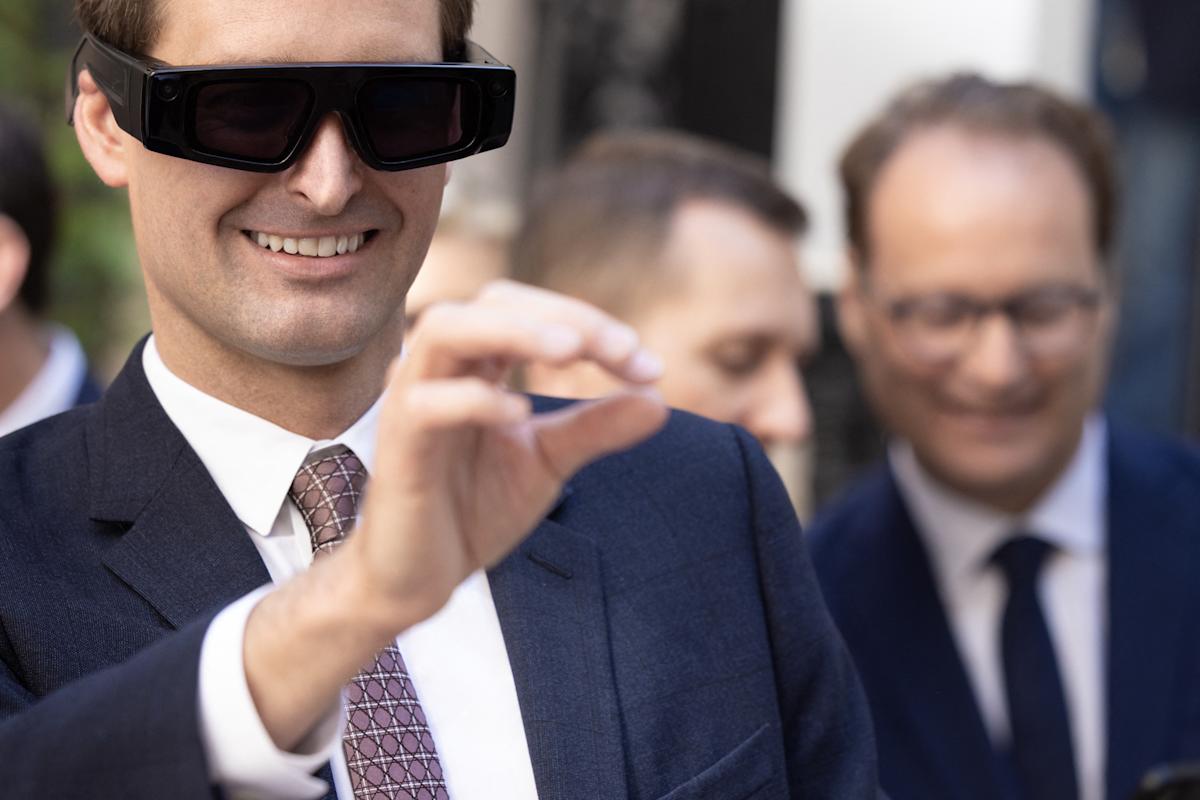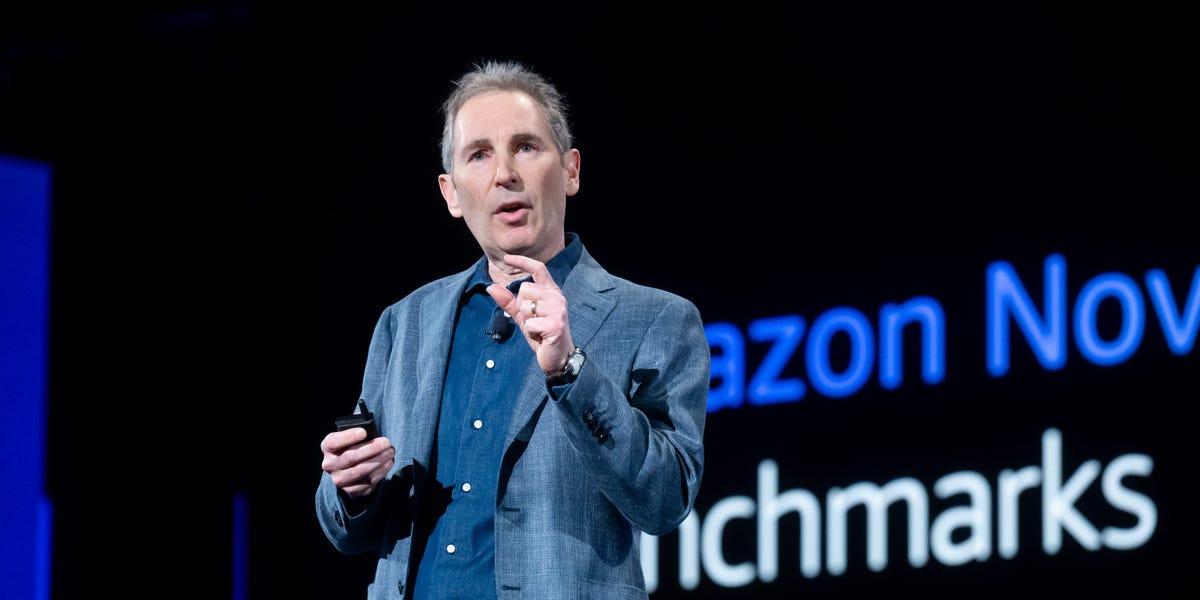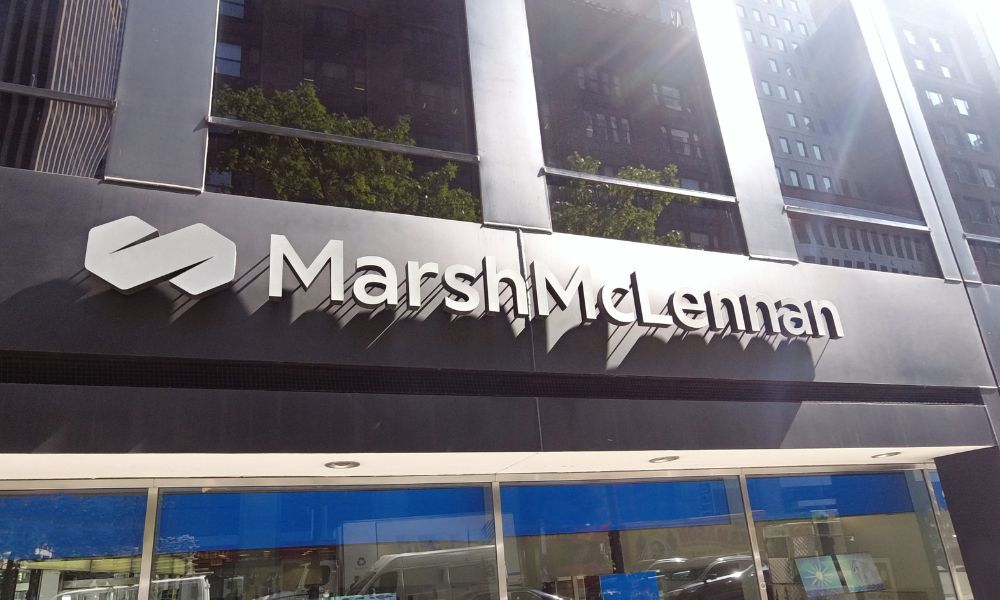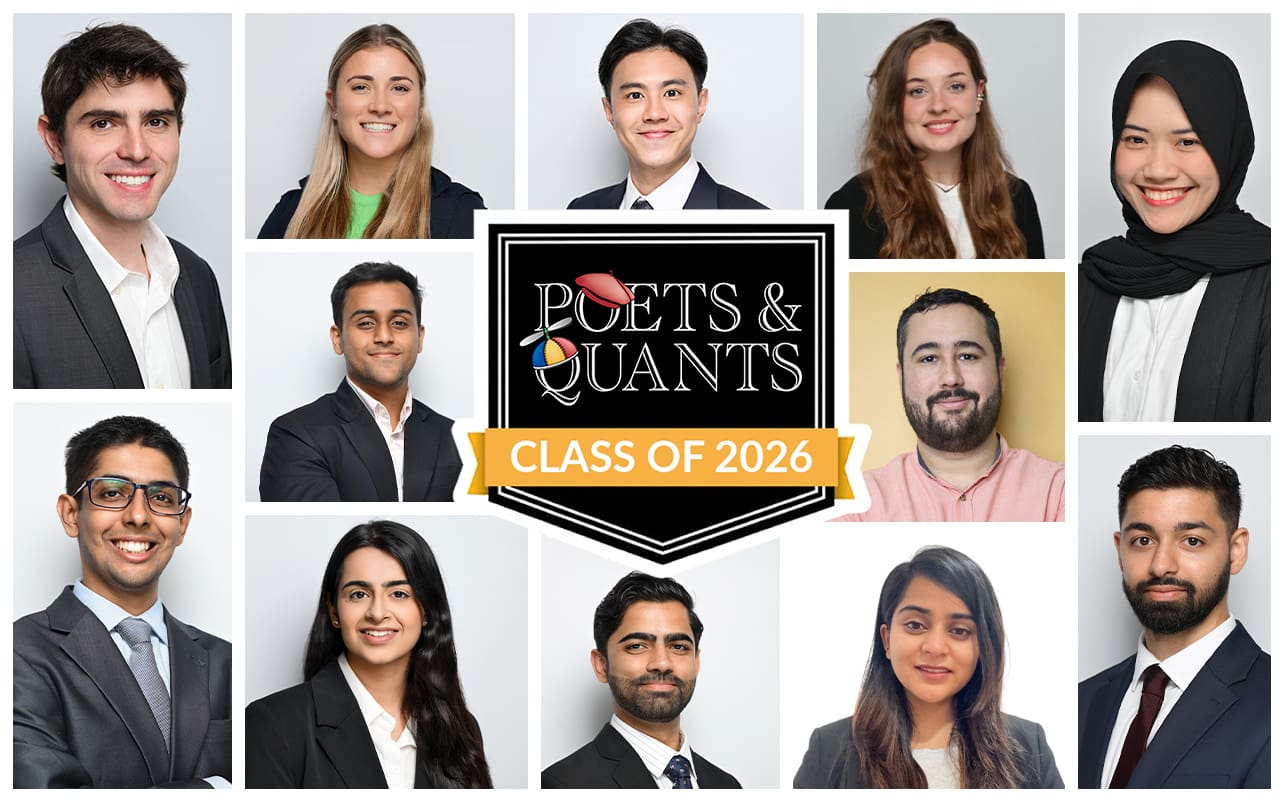Gopichand Hinduja, listed at his death aged 85 as the richest man in Britain, was one of four brothers who took their father’s Indo-Iranian trading business and turned it into a vast international conglomerate. It spread across everything from motor manufacturing to their own banks and Bollywood film-making, and had a value put on it by this year’s Sunday Times Rich List of more than £35bn.
The brothers – devout, acquisitive, secretive – positioned themselves across the world like latter-day Rothschilds: one, Ashok, in India and one, Prakash, in Switzerland, with Gopichand and his elder brother, Srichand, in London. There they lived in opulence in four interconnected mansions purchased from the Crown on Carlton House Terrace on the Mall. Two years ago, at a party celebrated with canapes covered in gold leaf and in the presence of royalty, Gopichand opened his £1.25bn development of the Old War Office in Whitehall as the Raffles hotel, describing it as “my greatest legacy to London”.
All four of the brothers were known by their initials, AP, PP, GP and SP, with the P of their middle name coming from their father, Parmanand. Gopichand worked closely with SP, head of the family until his death in 2023, when Gopichand took over as chair. The two had moved to Britain in 1979 from Iran as the Shah’s regime crumbled. Their wealth had been built there by Parmanand, a money lender and trader from the Sindhi community in Mumbai. He settled in Ahwaz in what was then Persia in 1919, trading commodities such as tea, spices and carpets, and very soon many others between the two countries.
Parmanand’s catchphrase “everything belongs to everyone, nothing belongs to anyone” did not prevent him doing so well that the Shah reputedly later joked that the Hindujas were making more money than he was.
Even after the regime changed, the Hindujas continued to operate successfully in Iran, a fact noted by their critics. It would be one of a catalogue of dealings that led to accusations of their willingness to trim to the wind, and stay close with authorities. Whispers that they had been involved with selling arms to Iran, in spite of their strong religious beliefs, were met with an outright denial, although they admitted that they had supplied some non-frontline equipment such as batteries.
And in India they faced a 20-year legal battle over the notorious “Bofors affair”, with unresolved allegations, eventually dismissed by the high court, that they had received pay-offs from the Swedish manufacturer Bofors related to sales of artillery to the Indian army.
Little known in Britain at first, the pious Hindujas also came to unwelcome attention in the UK after they were persuaded by the then cabinet minister Peter Mandelson to donate £1m to the Faith section of the government’s Millenium Dome exhibition in 1999. It was one of their many charitable donations including support for construction of the giant Hindu temple in Neasden. However, it was later alleged that Mandelson had inappropriately lobbied for SP to obtain a UK passport. Although subsequently cleared, Mandelson was forced to resign.
Traders and dealers to their fingertips, the Hindujas pulled off some spectacular coups. On one occasion, to alleviate food shortages in Iran, they persuaded Pakistan to allow a convoy of 1,400 trucks to transport surplus crops from Indian Punjab across its territory. On another, noticing the popularity of Bollywood movies in Iran, they bought the relevant rights to some of those films for a pittance, translated them into Farsi and played them in their own cinemas.
They were well placed to take advantage of the decline of old imperial companies and the reshaping of western businesses in the second half of the 20th century. Trophy acquisitions included Ashok Leyland, India’s giant truck maker, and Gulf Oil’s chain of petrol stations in 50 countries. In the US, where they took an office in Trump Tower in the mid-80s, they spent a billion on the world’s largest metal fluids manufacturer.
Born in India, Gopichand was in fact the third of five sons of Parmanand Hinduja and his wife, Jamuna – Girdhar, the eldest, died in 1963.
Educated at Jai Hind College, in what was then Bombay, Gopichand was sent to Iran when he was 18 to head the business, which he did for 20 years before moving to Britain. He once said: “I grew up trading, and in trading you don’t need money. You need to buy and sell and you need to work 24 hours a day. Seven days a week.”
Parmanand died in 1971. More outgoing than the publicity-shy SP, Gopichand was happy to front for the company. The family carefully guarded their privacy but when they decided to fling their doors open, invitations to their gilded London parties were prized. In India the whole of the parliament was said to have been invited to one Hinduja wedding (which puts the Mandelson affair into some kind of perspective). When Gopichand’s daughter, a Bollywood film-maker, was wed, the Mumbai racecourse was taken over for the occasion. Her brother Sanjay’s nuptials were estimated to have cost £15m.
In what occasional interviews were permitted, Gopichand was a past master at turning substantive questions about operations into generalised musings. “We all work for a common cause,” he said. “We are not materialistic although we like economic growth. It is a unique system.” Adding, to quote his father: “Everything belongs to everyone. Nothing belongs to anyone.”
This sentiment seemed reinforced by a letter signed by all four brothers in 2014 declaring that “assets held in any single brother’s name belong to all four”. But in 2015 their unity was blown apart when none other than the chairman, SP, insisted that he had the right to the SP Hinduja bank that he had founded in Switzerland and that his children were running.
Gopichand was appalled. His longstanding relationship with his elder brother was broken and he and the other brothers brought legal proceedings against the move. However these were hampered by the advancing Alzheimer’s of SP, whose condition became of concern even to the judge. Shortly before SP died, a spokesman for Gopichand said: “The family matter regarding the health and welfare of SP has already been resolved amicably between all parties.” The Hindujas had returned to their carefully guarded privacy.
Gopichand is survived by his wife, Sunita (nee Gurnani), whom he married in 1963, two sons, Dheeraj and Sanjay, a daughter, Rita, and by Prakash and Ashok.

